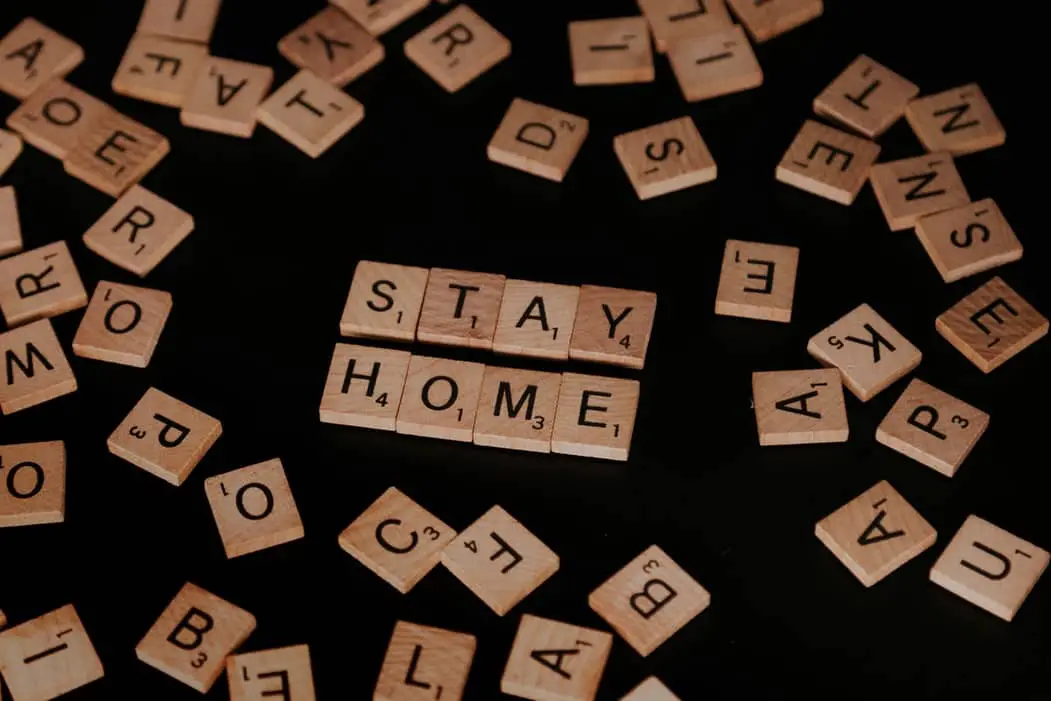From today (Monday 28th September) people across England will be required by law to self-isolate if they test positive for Coronavirus (Covid-19) or are contacted by NHS Test and Trace.
Those on lower incomes who cannot work from home and have lost income as a result will also be eligible for a new £500 Test and Trace Support Payment.
Local Authorities will be working quickly to set up Test and Trace Support Payment schemes and the Government expect them to be in place by 12th October. Those who are told to self-isolate from today will receive backdated payments, if they are eligible, once the scheme is set up in their Local Authority.
Helping ensure compliance and reducing spread of Covid-19
As the infection is now spreading rapidly again, these new measures will help ensure compliance and reduce the spread of Covid-19.
A number of steps will also be taken to make sure that people are complying with the rules. These include:
- NHS Test and Trace call handlers increasing contact with those self-isolating;
- Using police resources to check compliance in highest incidence areas and in high-risk groups, based on local intelligence;
- Investigating and prosecuting high-profile and egregious cases of non-compliance; and
- Acting on instances where third parties have identified others who have tested positive, but are not self-isolating.
Test and Trace Support payment of £500
Recognising that self-isolation is one of the most powerful tools for controlling the transmission of Covid-19, this new Test and Trace Support payment of £500 will ensure that those on low incomes are able to self-isolate without worry about their finances.
Just under four million people who are in receipt of benefits in England will be eligible for this payment, which will be available to those who have been notified that they must self-isolate from today.
Fines for breaching the rules
Fines will also be introduced from today for those breaching self-isolation rules, starting at £1,000, in line with the existing penalty for breaking quarantine after international travel.
This could increase to up to £10,000 for repeat offences and the most serious breaches, including for those preventing others from self-isolating.
Employers who force or allow staff to come to work when they should be self-isolating will also be liable for fines of up to £10,000, sending a clear message that this will not be tolerated.
How long to self isolate for
If someone or another member of their household has symptoms of Coronavirus, they should, as now, isolate immediately.
If someone receives a positive test result, they are now required by law to self-isolate for the period ending ten days after displaying symptoms or after the date of the test, if they did not have symptoms.
Other members of their household must self-isolate for the period ending 14 days after symptom onset, or after the date of the initial person’s positive test.
Being notified by NHS Test and Trace
If someone is instructed to self-isolate by NHS Test and Trace, because they have had close contact with someone outside their household who has tested positive, they are legally required to self-isolate for the period notified by NHS Test and Trace.
Both household and non-household contacts must self-isolate for the full period, regardless of whether they have symptoms and, if they develop symptoms and take a test, regardless of whether any test taken gives a negative result.
Hancock: Simple steps can make a huge difference
Health and Social Care Secretary, Matt Hancock, said,
“Anyone can catch Coronavirus and anyone can spread it. We all have a crucial part to play in keeping the number of new infections down and protecting our loved ones.
“As cases rise it is imperative we take action, and we are introducing a legal duty to self-isolate when told to do so, with fines for breaches and a new £500 support payment for those on lower incomes who can’t work from home while they are self-isolating.
“These simple steps can make a huge difference to reduce the spread of the virus, but we will not hesitate to put in place further measures if cases continue to rise.”
For more information visit the Government Website.
News shared by the Department of Health and Social Care. Ed
Image: Priscilla Du Preez under CC BY 2.0





